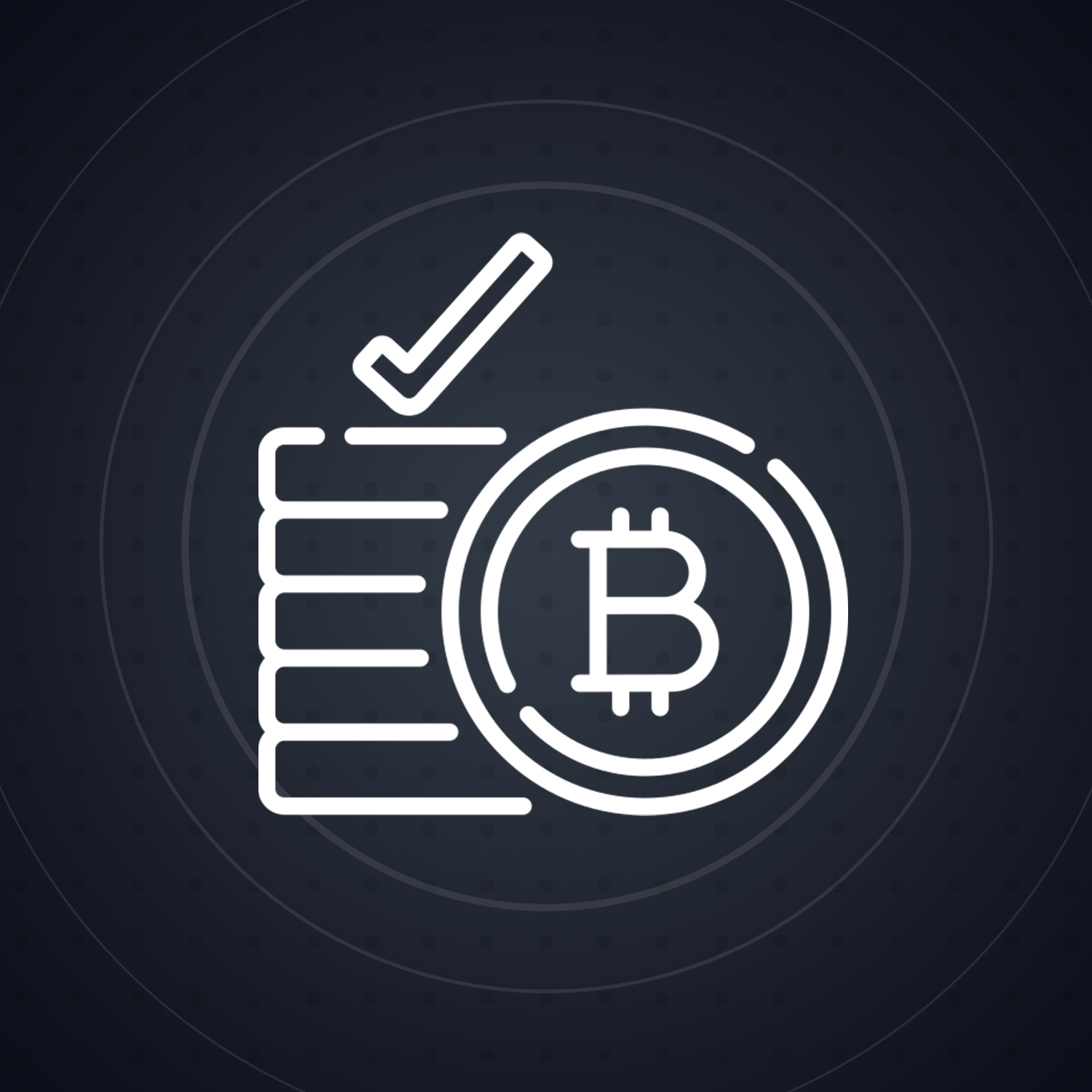Staking has become an essential component of the blockchain ecosystem, offering investors the opportunity to earn passive income by actively participating in the operation of networks. However, despite its clear benefits, staking is not without risks. From technical penalties to security vulnerabilities, there are several aspects every delegator needs to understand and consider.
1. Slashing – the loss of funds as a penalty
One of the biggest risks in staking is slashing, which means losing a portion of staked funds due to a validator’s improper behavior. This can occur when a validator breaks protocol rules, stays offline for too long, or attempts to validate conflicting blocks.
Slashing affects not only the validator but also its delegators. That’s why it’s essential to choose a validator with an impeccable track record—one that has never been penalized and has strong mechanisms to prevent critical errors.
This is something we at 01NODE pay extremely close attention to. And in the unlikely event that something like this should occur, we ensure our investors are reimbursed for all lost tokens.
2. Downtime – periods when the validator is offline
Another common risk is downtime, which refers to the time when a validator is not online to validate blocks. In PoS networks, this results in lost rewards or even penalties. The more stable the validator and the more robust its infrastructure, the lower the risk of downtime.
Choose validators that provide transparency about performance and uptime. Many professionals maintain uptime above 99.9% (as is the case with us), which ensures continuity and profitability for delegators.
3. Poor infrastructure security
Security is another critical aspect. Validators operating on shared cloud platforms or using low-quality infrastructure are more vulnerable to cyberattacks or technical failures. These incidents can lead to fund loss or compromise the network.
A reliable validator invests in its own infrastructure, has full control over its operating systems, and uses modern security protocols (such as automatic backups, DDoS protection, or Secret Shared Validators – SSV – technology).
4. Hidden or fluctuating fees
Some validators may change their fees without prior notice or hide additional charges. These practices negatively affect final returns and may signal a lack of transparency.
To avoid such pitfalls, it’s recommended to choose a validator that publicly displays its commission, provides details about its structure, and maintains an open relationship with delegators.
5. Lack of support and communication
A validator that doesn’t offer communication channels or fails to respond to delegators’ questions creates uncertainty and distrust. If unforeseen situations arise, prompt support can make the difference between a minor issue and a major loss.
Look for validators who are active in the community, provide regular updates, and maintain clear contact channels, such as e-mail, Discord, or Telegram.
6. Staking concentration – a systemic risk to the network
When a PoS network is dominated by a small number of validators or those using similar infrastructure (e.g. all on the same cloud provider), the network becomes vulnerable to attacks or censorship. Validator diversification is crucial to network health.
Choose validators operating on independent, decentralized infrastructure that contributes to a healthy distribution of power within the network.
How to choose a reliable validator and minimize risks
To reduce the risks associated with staking, it’s important to conduct a thorough selection of your validator. Here’s what you should look for:
- Transparency and active communication
- Proprietary infrastructure and independence from third parties
- A history free of slashing or technical incidents
- Consistent uptime, publicly documented
- Active participation in blockchain communities
- Support for multiple networks and operational diversity
- Implementation of modern security technologies
01NODE – an example of a validator focused on delegator safety
We at 01NODE understand how important it is to protect the investments of our delegators. That’s why we’ve built our infrastructure, with three data centers (including one fully owned internally), full control over data routing through our own ASN, and dedicated IP classes.
We have a slash-free track record, consistent uptime above 99.99%, and validate over 30 major blockchain networks. We use technologies like SSV to ensure Ethereum staking security and provide active support to our community.
Through transparency, performance, and dedication, we position ourselves as a trusted partner for anyone who wants to stake smart and safely.
If you have any questions, feel free to contact us. We’re more than happy to provide you with all the information you need. Here are the networks we work with.

